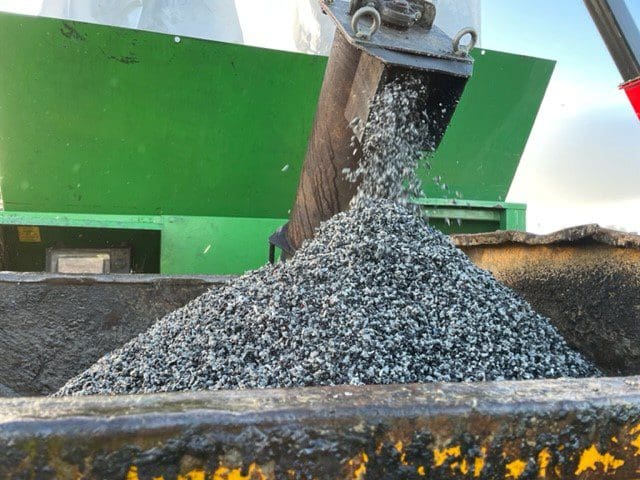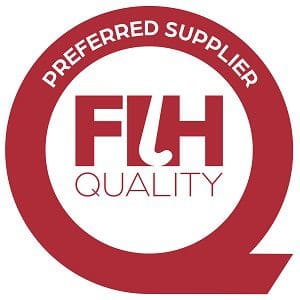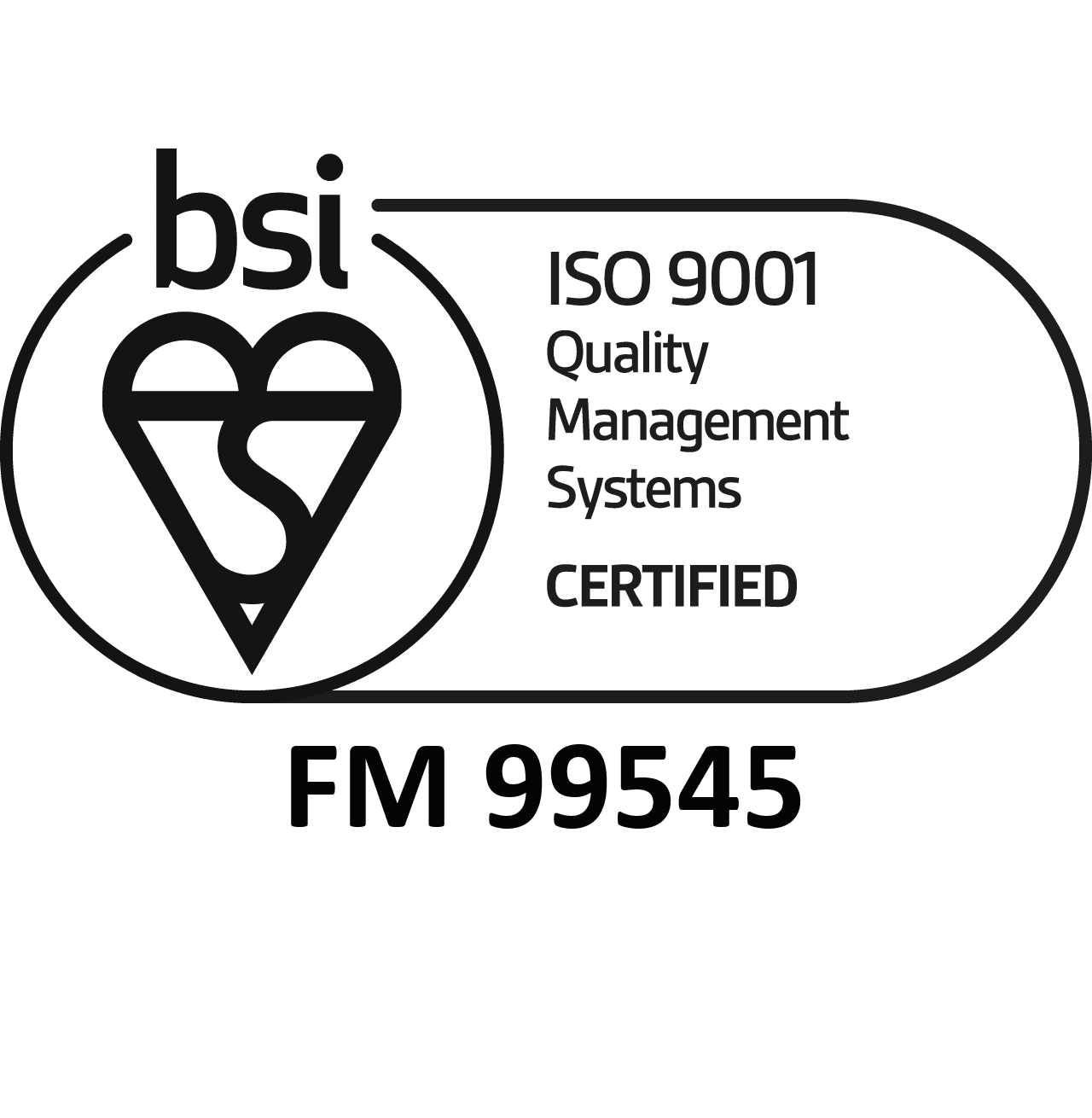
In recent years, the use of artificial grass has become increasingly popular, particularly in sports fields and other outdoor recreational areas. However, like any product, artificial grass has a limited lifespan, and eventually, it will need to be replaced. This raises the question of how to dispose of old artificial grass in an environmentally responsible manner.
TigerTurf have been using recycled artificial grass as part of a modified ecocept recipe for some time. Originally, ecocept was made entirely from 100% recycled household plastic waste, however by using recycled artificial grass we are able to offer facilities the chance to make their old artificial grass pitch into part of their new one in an ecocept base.
The ecocept recipe and manufacturing process lead to the development of tiger up!, a range of non-turf products for the sports, construction, and landscape industries. The products offered sustainable alternatives to traditionally used materials like timber and concrete, but made entirely from waste plastics and now, recycled artificial grass.
Ecocept and other tiger up! products are brimming with ecocept-credentials. Once ecocept field saves up to 112 tonnes of CO2 emissions (the equivalent of plating 112 trees or saving the CO2 emissions of an average size car for 22 years!). Up to 300 tonnes of material are diverted from landfill for every ecocept base installed!
Trekboards are a tiger up! best seller, providing infill retention on a 3G artificial grass field they save 4320kgs of CO2 for every full-size installation (that’s the equivalent of recycling 600,000 carrier bags!). The boards are also fully recyclable at end-of-life, making them a sustainable alternative to traditionally used timber kickboards.
Last year, TigerTurf partners, Sportex Group, noticing the need for artificial grass recycling solutions, launched their artificial grass recycling plant in Grangemouth Scotland. Providing a lifetime solution for sports surfaces, Sportex’s unique offering gives sports facility operators an alternative and a more sustainable solution for the disposal of their end-of-life artificial grass surfaces.
The compliant and fully traceable recycling solution also extracts and cleans the rubber and sand infill, ready to be resold. Specialist technology separates the rubber infill from the field, it is then clean and graded to precise particle sizing before being sampled and tested to ensure current industry standards are being met. The sand is isolated from the carpet systems, cleaned, and dried ready for used in new artificial grass field installations.
The artificial grass recycling process starts by cutting the end-of-life field up, rolling it and transporting it to Sportex’s plant. After the infill processes have taken place, the grass is shredded, cleaned and processed. Specialist plastic agglomeration technology is used to make tiger up! products like trekboards. The bespoke plant has the ability to process up to 500,000 square meters of artificial grass every year: preventing an estimated 12,500 tonnes of classified waste from entering landfill.
In February 2023, TigerTurf and partners McArdle Sport Tec completed Ringwood Town Community Hub, a state-of-the-art facility that featured an ecocept base and trekboards, made from recycled artificial grass. All artificial grass used for the project was uplifted in the UK and recycled at Sportex’s Grangemouth plant, making it a one-of-a-kind facility that used 70,490kgs of recycled plastic in its construction (the equivalent of 1.4million drinks bottles!).
You may think that artificial grass recycling is for future, but it’s not and it’s here. Do not get left behind, to talk to Sportex Group about artificial grass recycling, click here.
To find out more about tiger up! products click here.
To read more about Ringwood Town Community Hub click here.






